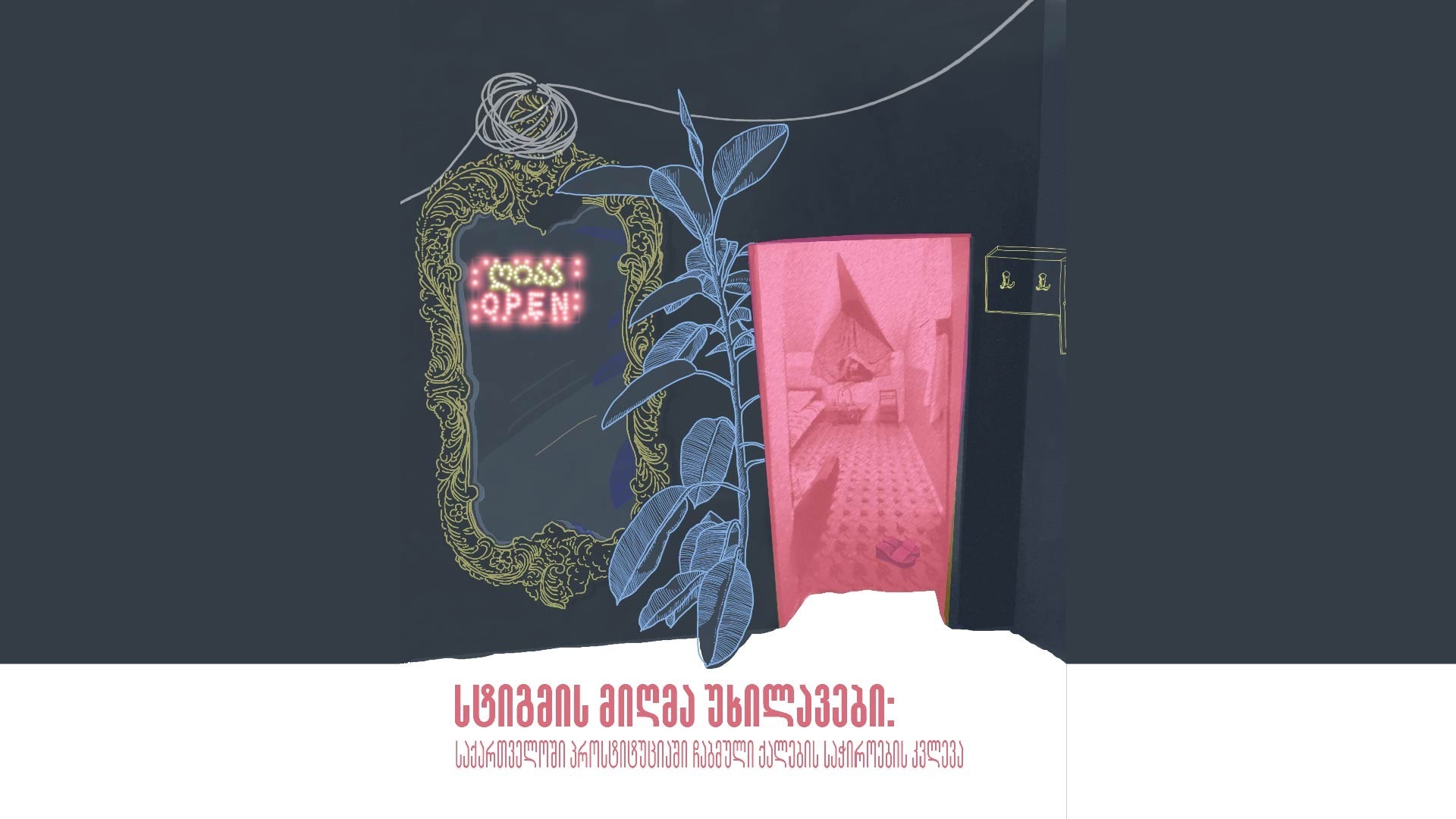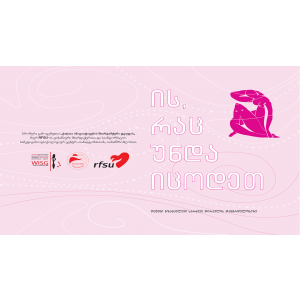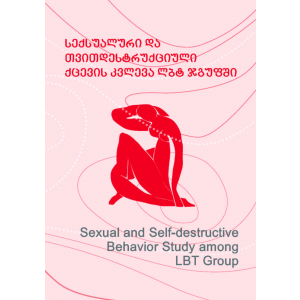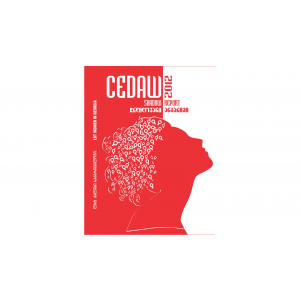Across history, women participating in prostitution have faced stigma, discrimination, and marginalization. The dominant societal attitudes stigmatizing both sexuality and, even more so, commercial sex work often push women engaged in prostitution into a vicious cycle of vulnerability, leaving them alone with the risks to their health and lives. Due to the limited access to institutional support and characteristics of prostitution, as it is a covert and underground activity, women engaged in prostitution represent a high-risk group for violence, STIs, substance abuse, and mental health problems. Therefore, describing the situation and identifying the needs of women engaged in prostitution requires a multidimensional approach, research that will study and analyze social, economic, cultural, and legal factors, and hands-on experiences of women and the interaction between these factors.
The current study, delving into personal experiences and the systemic legal and healthcare conditions that shape these experiences, enhances our existing understanding of the circumstances and needs of women engaged in prostitution. By deepening our knowledge of their challenges and needs, it becomes feasible to develop an accurate understanding of prostitution within the local context and develop interventions to protect the rights and promote the well-being of women engaged in prostitution.
Author: Natalia Mchedlishvili
Context Analysis for Advocacy: Lika jalaghania
Research Assistant, Field Manager: Tamar Laperadze
The study report is available at the following link:
Invisibles Beyond Stigma: Needs Assessment of Women Engaged In Prostitution In Georgia
The study was prepared with the support of the EU project "Combating gender-based violence and domestic violence in Georgia" and in partnership with GCRT.







